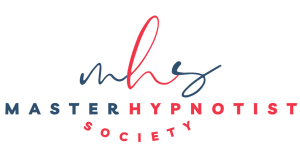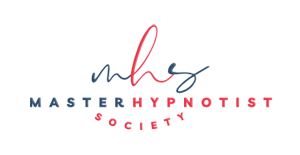
Master Class: Become an Expert at Influence, Persuasion and Change
Discover the communication skills that will make you the person everyone wants to talk to
Date Friday April 24 to Monday April 27 at Hilton Tampa Airport Westshore
Criminal Minds, Lie to Me, The Closer, Profiler…we’ve all seen the television show, or movie with the character who can look at another person, and in only a moment, understand who they are, and what they want. In real life, we have TED talks, videos, and books where experts in micro expressions, body language, and non-verbal communication talk about these same abilities. When these people speak, it can seem that they have ready access to information the rest of us do not. Some can even appear to have a sixth sense.
It’s high time you realized that these people aren’t any different from you. They are not smarter, or in any way gifted. They simply learned a set of skills, and practiced until they were effective. We’ve all heard that euphemism that 90% of all communication is non-verbal. The only difference between you, and the experts you see, and read about, is that they took that 90% idea seriously, and they learned to see it, and hear it.
Are you ready to learn the master communication skills used by the very best sales people, business managers, law enforcement, and intelligence services in the country? Are you ready to see all this, as simply a set of skills that can be learned, practiced, and used to help you help others reach their goals? If you are ready to learn the communication skills used by the very best, this training is for you.
1. Well Formed Outcomes
● If you want to change people… change their neurophysiological state
● Five basic needs: Security, Belonging, Competence, Freedom, Self-Expression
● Change is ALWAYS based on emotion: emotional leveling and the four ways we avoid it
● Outcomes as sensory experience: What will you see, hear and feel when you get there
● Dovetailing their outcome and yours
2. Building Rapport
● Focus on nonverbal communication
● What do you see, hear and feel
● What is their map… see a decision strategy as a sensory map
● Time for practice in pairs
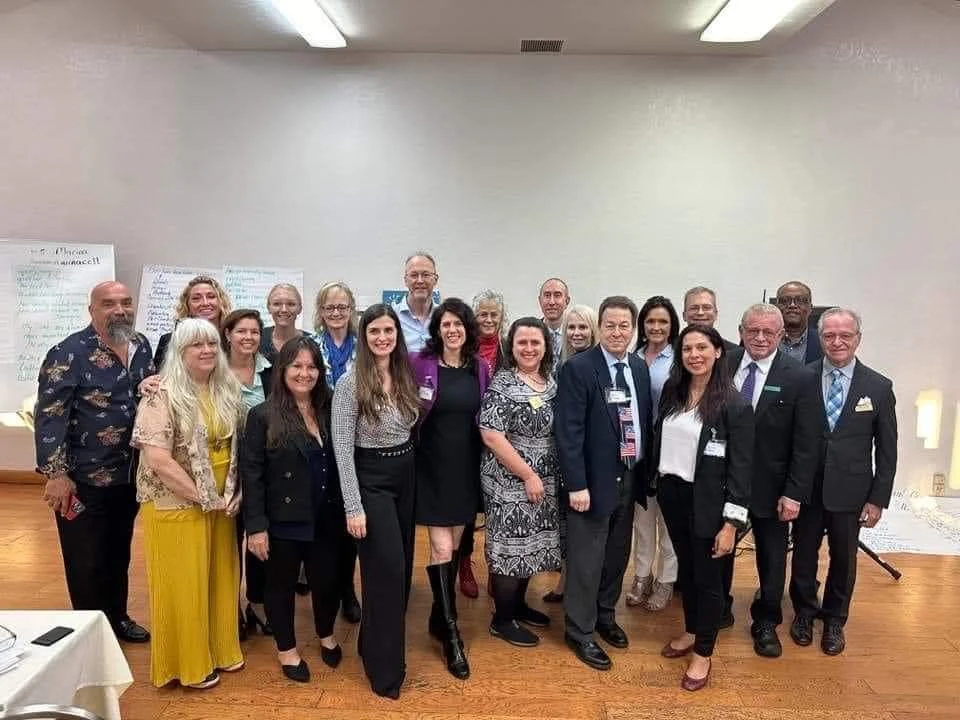
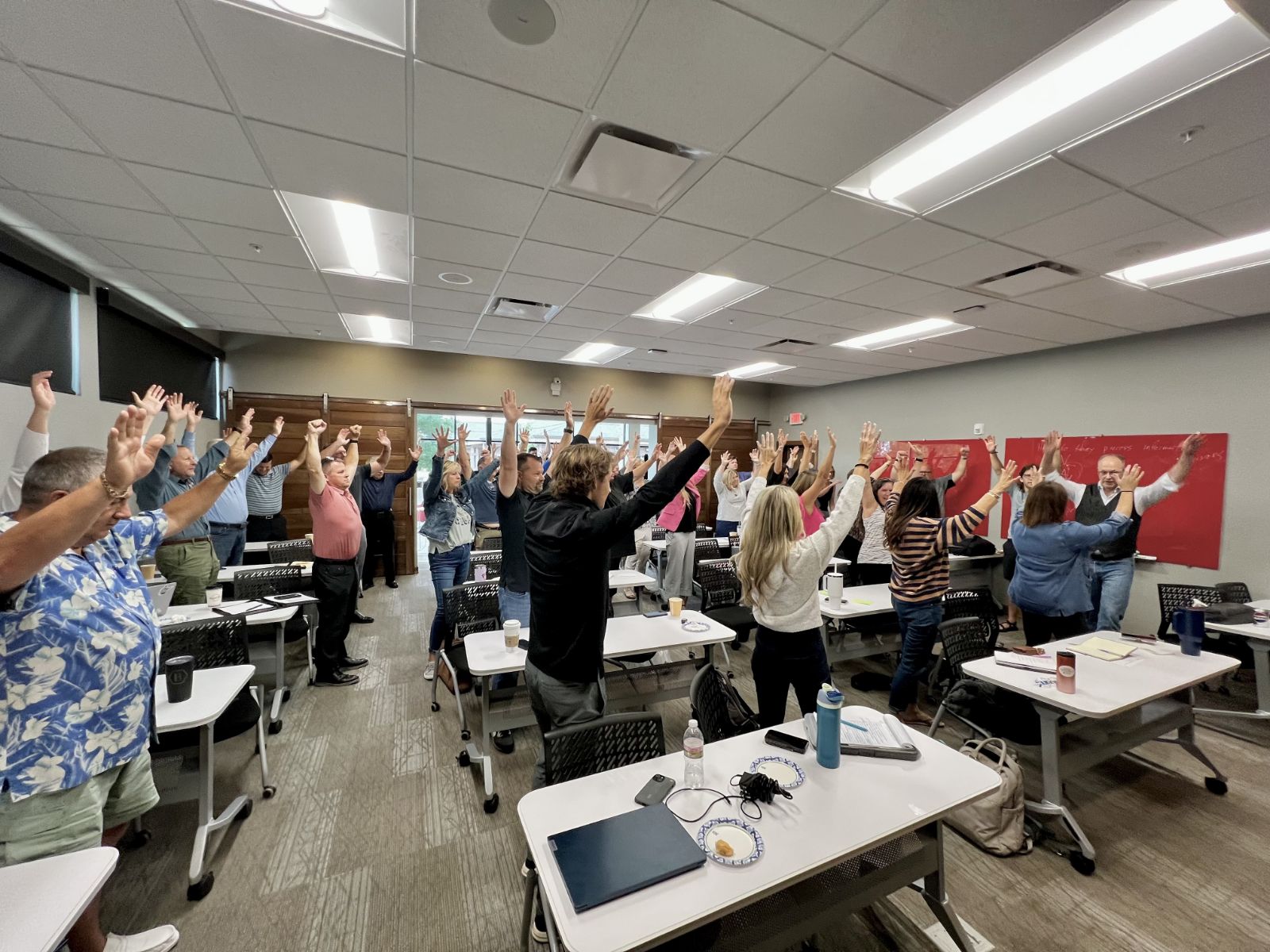
3. Building Sensory Acuity
● Don’t just look… learn to see. Listening is optional.
● 5 basic facial expressions
● Nonverbal information: eye movement, breath, posture, position, gesture, tension,
● Time for practice in pairs
4. Change is Taking an Outcome and Constructing A Decision
● Universal decision process: Intensify the pain, suggest the solution, prove the solution, vaccinate against objections, ask for commitment, penalty for not responding.
● How to see objections… before they appear
● The change always happens before the before you see it
● Putting it all together…time for practice in pairs
5. Questions and wrap up
Learning Format
This training will be 8 hours. It is classroom based, and a combination of lecture, demonstration, and practice. Participants will have the opportunity to see advanced communication skills demonstrated, they will discuss important elements, and then practice these skills with their peers with a focus on learning skills that apply to their specific setting or practice. The primary goal will be the development of effective communication skills that allow you to be more effectively in your work with others.
Learning Objectives
1. Participants will understand the idea that useful communication is not about facts and information. They will understand the role of emotion, mood, and need in the change process, and how to usefully support the people they are working with as they move toward a positive outcome.
2. Participants will learn outcome based verbal and nonverbal communication skills, practice these skills, and demonstrate competence. They will develop increased sensory acuity and be better able to see and understand nonverbal communication. They will focus on how to use these skills to support others as they move through the change process to achieve a useful outcome.
3. Participants will be able to see and understand how other people make decisions, and how they can support this process, and help others move toward a useful outcome.
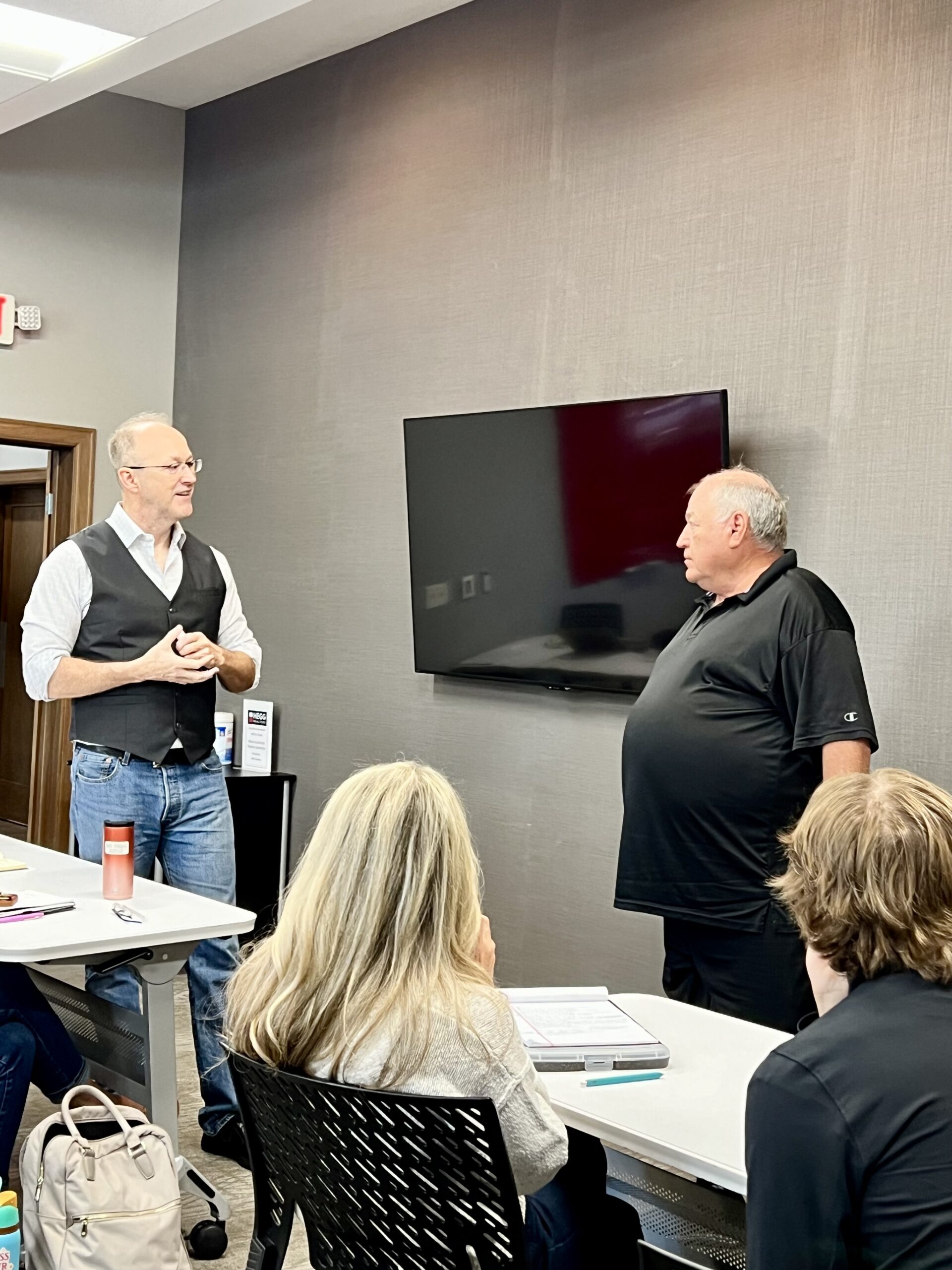
Location:
All Sioux Falls training is held at the Lumber Exchange building conference center on 101 South Reid Street. The Lumber Exchange building, sometimes called the CNA building, is located downtown, within easy walking distance of four different hotels. The conference space is comfortable and private with excellent parking right across the street. Other training locations are listed on the training page.
Cost:
$277 per person and space is limited. If you wish to attend this training, call Sioux Falls Hypnosis at 605-702-6691 to begin your registration process.
Refunds/Cancelations:
If a student cancels prior to the first day of training, they will receive a complete refund, minus applicable credit card, or other transfer fees. If a student does not feel that the training course fits their needs at the end of the first day, they will receive a complete refund minus any applicable transfer fees. If a student completes the training, and does not feel satisfied with training, they will be refunded half of the cost of the training. Any other complaint or dispute can be addressed directly with Dr. Burow.
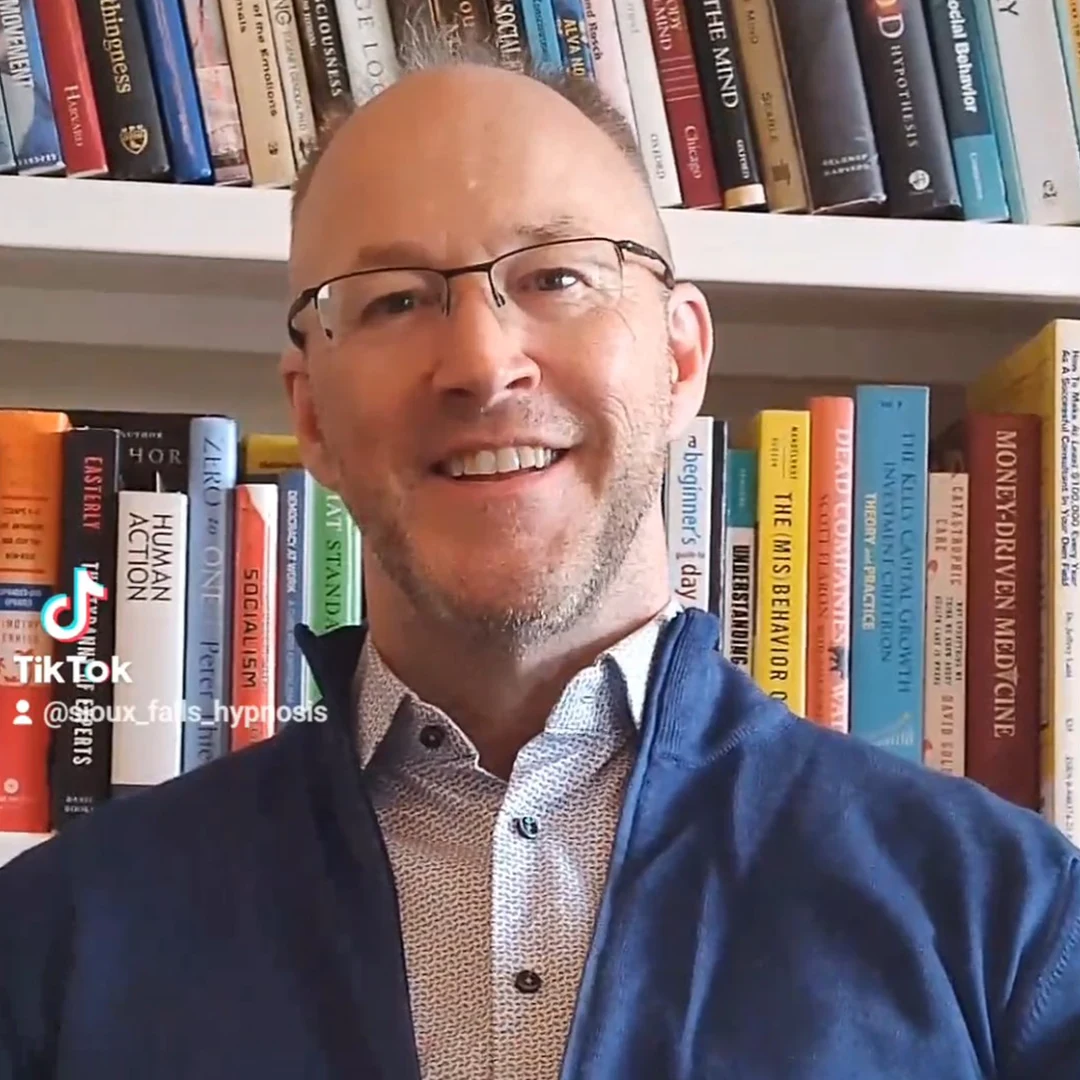
Trainer
Daniel is a psychologist, entrepreneur, trainer, and past C-suite executive for healthcare and mental health operations across the United States. He started his career as a Professor of Psychiatry at the University of South Dakota School of Medicine. He left this position to be a founding partner and the Vice President of Operations at Curaquick, one of the nation’s first retail health care chains. The Curaquick team opened clinics in seven states working with both Walmart and HyVee stores. Daniel sold his interests in Curaquick and went on to become the Chief Clinical Officer at Deer Oaks Mental Health.
He was part of the management team that took Deer Oaks from 180 clinicians in 9 states to 360 clinicians in 19 states. During his time at Deer Oaks, the company went from 13 million to almost 30 million a year in revenue. Daniel left Deer Oaks to take the position of Vice President of Operations with Medoptions the nation’s largest provider of behavioral health services in rehabilitation and long-term care. At Medoptions he worked with a staff of more than 800 Social Workers, Psychologists and Psychiatrists providing care in 21 states, including psychotherapy and psychiatry services. While at Medoptions, Daniel managed the integration of one of the largest mental health acquisitions ever completed, and when he left Medoptions the company generated over 90 million a year in revenue.
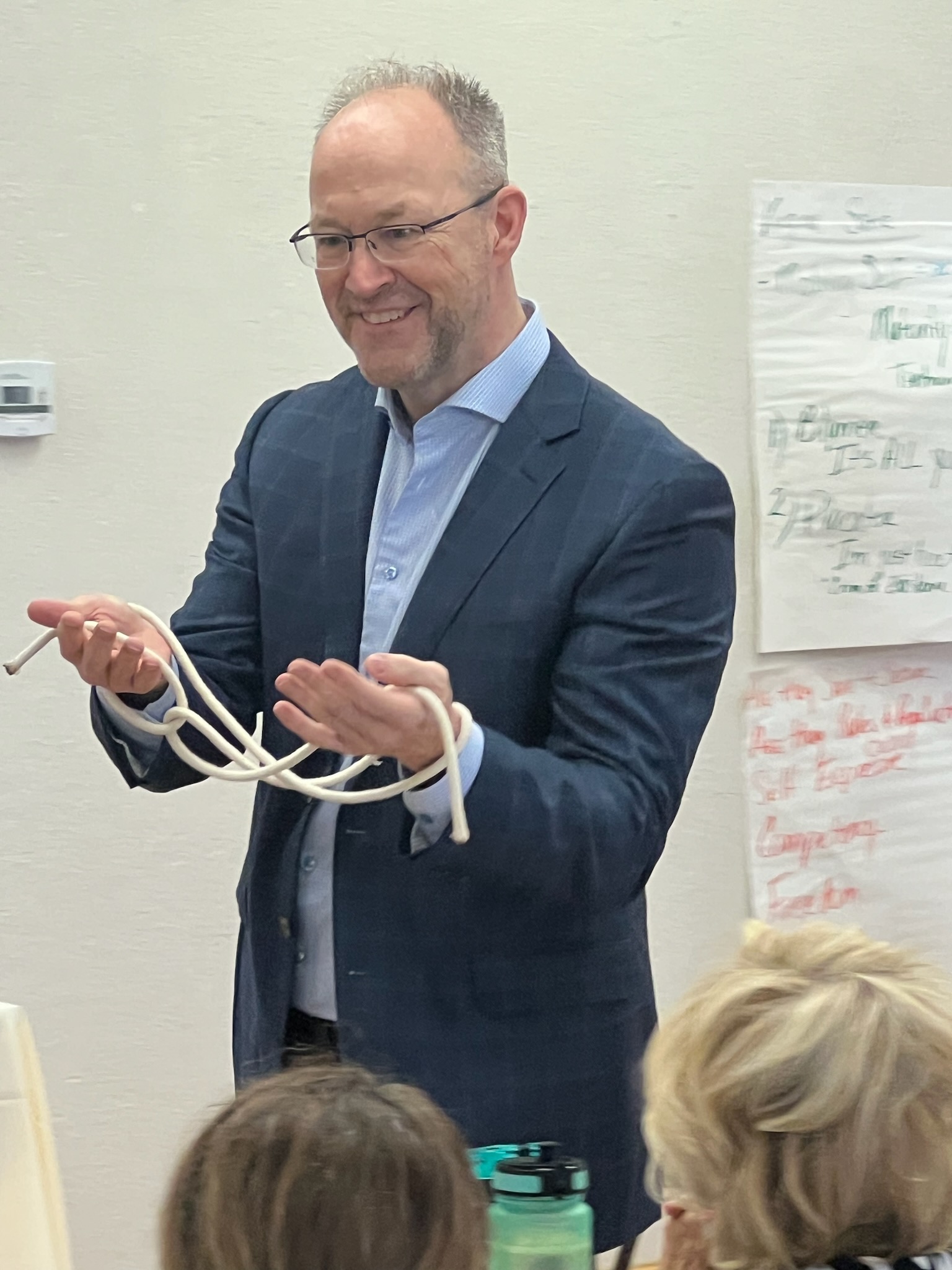
Daniel currently works as a consultant for corporations, and private equity groups across the United States who have an interest in the behavioral health space. He specializes in working with private equity groups, executive teams, operations managers, and clinical staff to improve business operations and clinical service. Daniel did his doctoral dissertation on Ericksonian Hypnosis, and spent the last 25 years applying hypnosis to clinical issues, as well as clinical supervision, training, sales, team building and customer service. He is an expert in non-verbal communication, behavioral analysis, and influence communication. He has trained government, military, law enforcement, mental health providers, and business/sales teams across the United States. He also owns Sioux Falls Hypnosis where he offers hypnosis services as well as training, and continuing education programming for psychologists, counselors, social workers, hypnotists, business managers, sales staff, and lay people working in the helping fields.
Daniel is the president of the Master Hypnotist Society. MHS provides training, certification, supervision, and support for both clinical, and lay hypnotists across the U.S. and Canada. Daniel is the author of Rebels Poets and Mystics, published in 2008, The Bigger Picture, published in 2021 and available on Amazon, and his latest book, Change and Maturity published in 2025, available at masterhypnotistsociety.com.
What other say about training with Daniel…
Your system for identifying how individuals are motivated by their needs and the examples that followed were so beneficial. The way your broke down the types of needs that motivate us, explained coping stances, and the blueprint for change made your talk actionable and provided our members with skills that can be applied to every transaction.
Jackie Walts, Director of Education Real Estate Association of the Sioux Empire.
